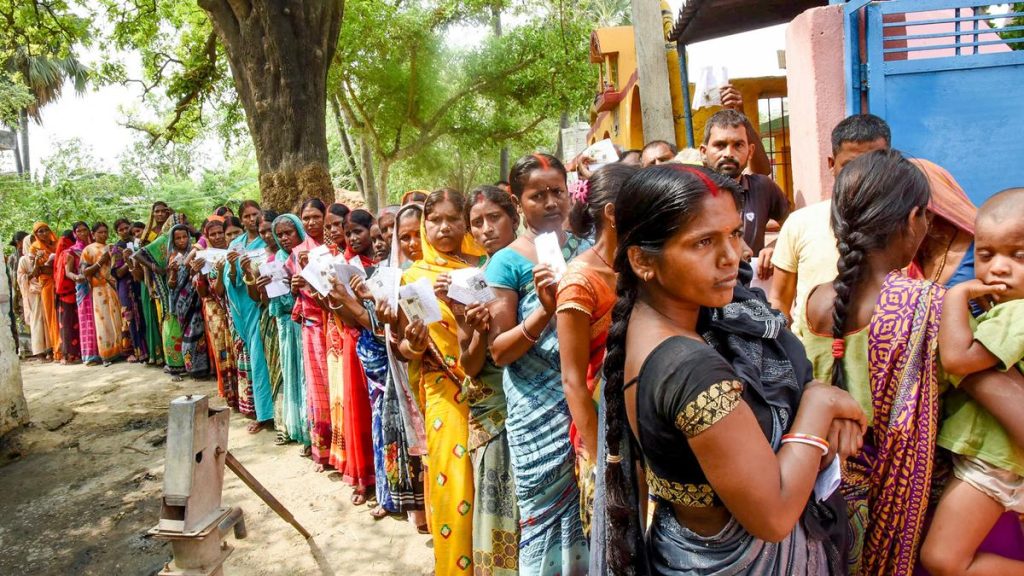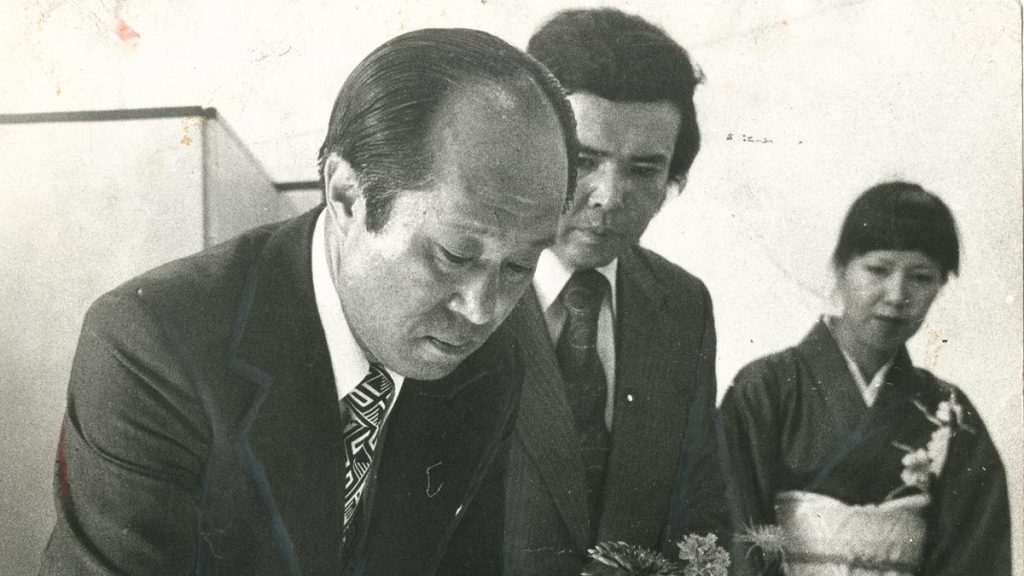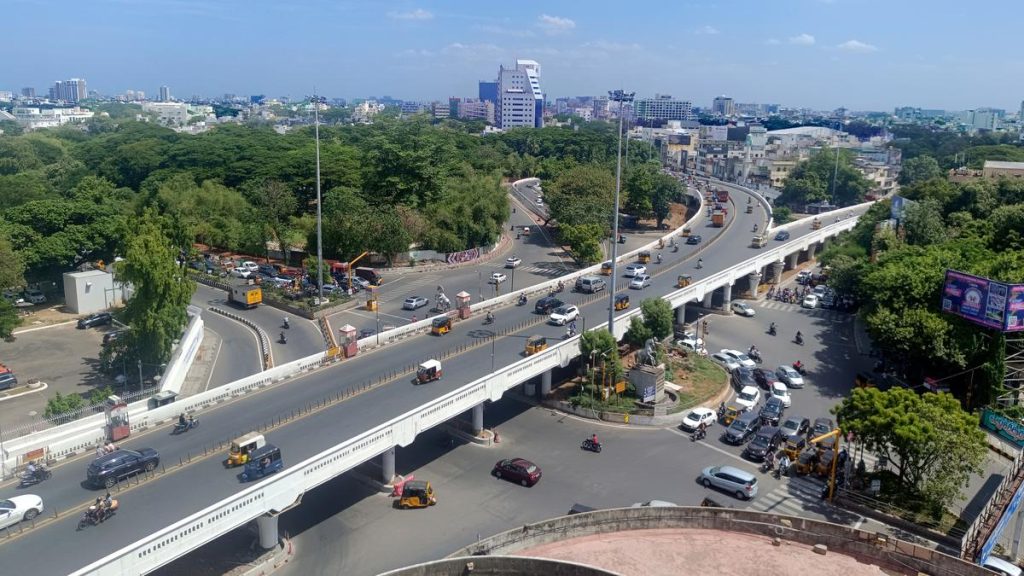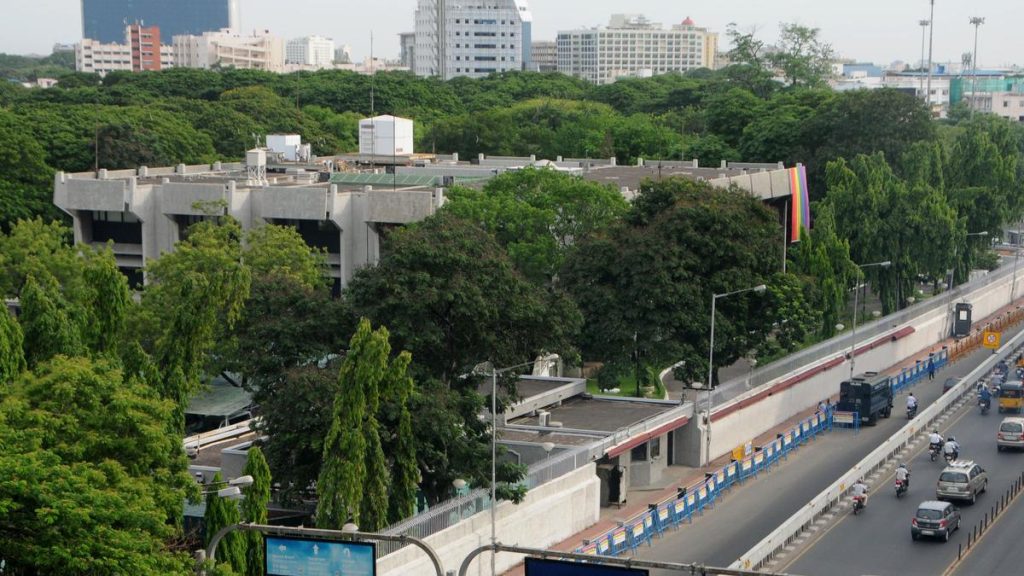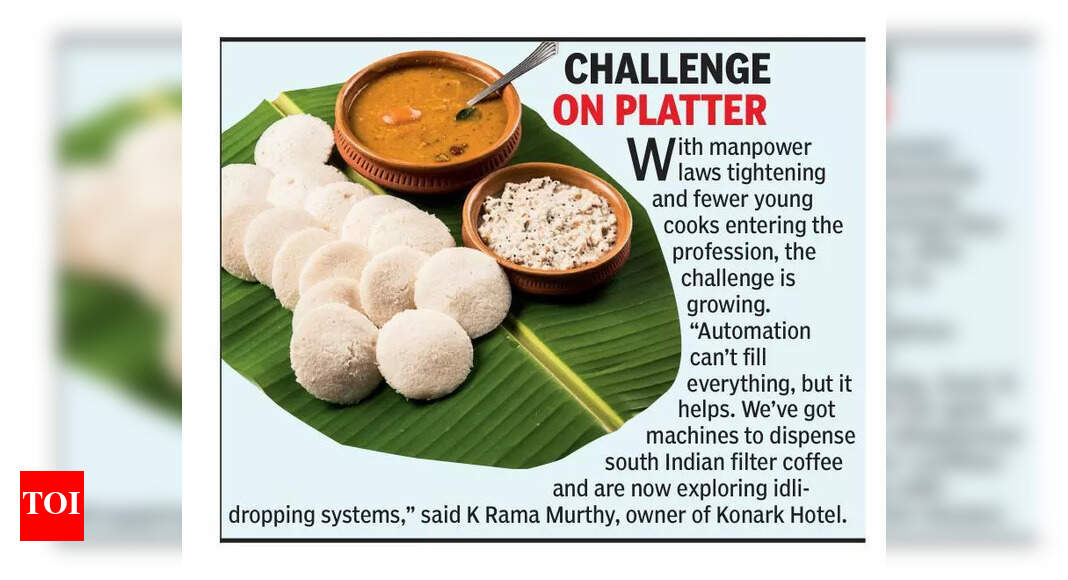Now Reading: Indian Auto Industry Maps Magnet Supply Chain Strategy
-
01
Indian Auto Industry Maps Magnet Supply Chain Strategy
Indian Auto Industry Maps Magnet Supply Chain Strategy
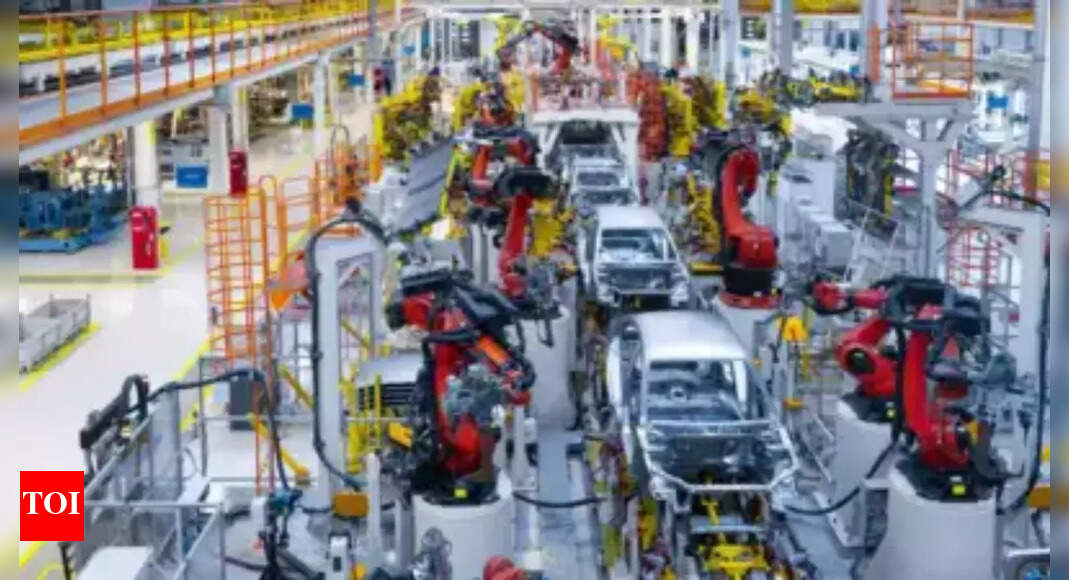
Quick Summary
- Indian auto industry faces magnet supply crunch: Restrictions by China have impacted rare earth magnet availability.
- Efforts to build local supply chains: Companies, including Midwest Advanced Materials, Entellus Industries (UK-based with Indian operations), and public-sector indian Rare Earths (IREL), presented plans to the heavy industries ministry.
- Midwest Advanced Materials plans to produce 500 tonnes of rare earth magnets annually by end of 2026.
- Entellus Industries has the capacity for magnetic powder production but needs more time for industry-grade magnet manufacturing.
- IREL stated that domestic ore availability is significantly lower compared to countries like China, US, and Australia. The company assured competitive pricing once production begins.
- Challenges in magnet production: Industry members cited reliance on cheaper Chinese imports over the past two decades as a factor in prior shutdowns of domestic facilities. They requested government incentives and support for new projects.
- Heavy industries secretary Kamran Rizvi urged realistic timelines from companies to avoid misleading potential customers in India’s auto sector.
- Indian automotive companies face delays as their applications for sourcing Chinese magnets remain unapproved. Efforts are ongoing through ministries and industry bodies engaging with Chinese officials.
Indian Opinion Analysis
India’s move towards developing indigenous rare earth magnet capabilities is a critical step not only for reducing economic reliance on imports but also ensuring continuity in sectors such as automotive manufacturing amidst global supply chain disruptions. While initial efforts led by private entities like Midwest Advanced Materials show promise, there are inherent challenges tied to resource constraints-such as India’s comparatively lower geological reserves-and technological readiness highlighted during presentations.
The demands from the auto sector reflect practical urgency; unreliable overseas procurement risks slowing down advancements linked to electric vehicles (EVs) or other elegant systems requiring rare earth components. Though, government support through incentives coudl accelerate innovation within domestic manufacturers while enhancing long-term sustainability goals.Still, realism must ground expectations; significant groundwork remains if India hopes to compete globally against dominant producers like China.
Read More: timesofindia.com


